Enough Vinegar in Brine?
luski
17 years ago
Related Stories
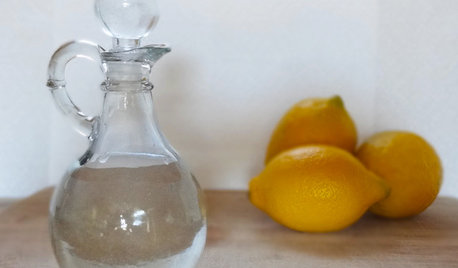
HOUSEKEEPINGVinegar and Voilà: Clean Your House the Natural Way
Ditch the commercial cleaners for nontoxic, inexpensive and versatile white vinegar
Full Story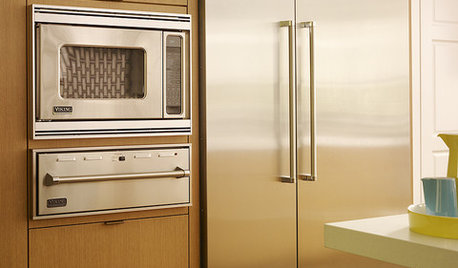
KITCHEN DESIGNA Cook’s 6 Tips for Buying Kitchen Appliances
An avid home chef answers tricky questions about choosing the right oven, stovetop, vent hood and more
Full Story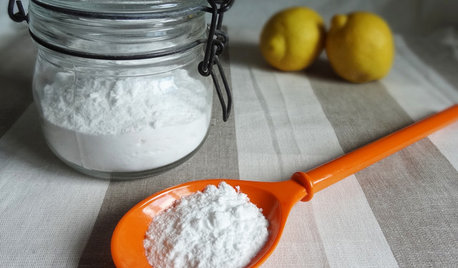
HOUSEKEEPINGBaking Soda: The Amazing All-Natural Cleanser You Already Own
Battle grime, banish odors and freshen clothes with this common nontoxic cupboard staple
Full Story
HOUZZ TOURSMy Houzz: A Private Library Becomes a Functional Family Home
Renovations in a Brooklyn brownstone preserve historical details with modern flair
Full Story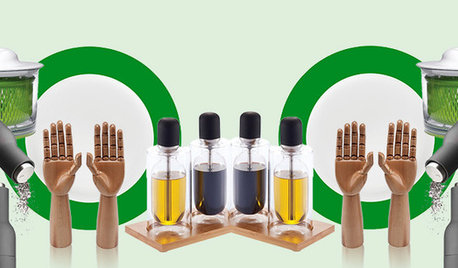
SHOP HOUZZShop Houzz: Salad Days
Enjoy the simplicity of a fresh salad with these spinners, serving bowls, cruets and plates
Full Story
HOUSEKEEPINGEasy Green: Steam Cleaners for a Chemical-Free Sparkle
Deep clean and sanitize by harnessing high-temperature water for floors, curtains and clothes as immaculate as they are healthy
Full Story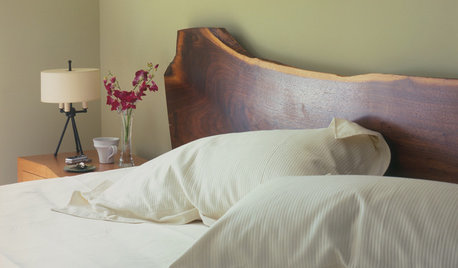
HEALTHY HOMEWhat You Need to Know About Dust and How to Fight It
Breathe easier with these 10 tips for busting mites, dander and other microscopic undesirables
Full Story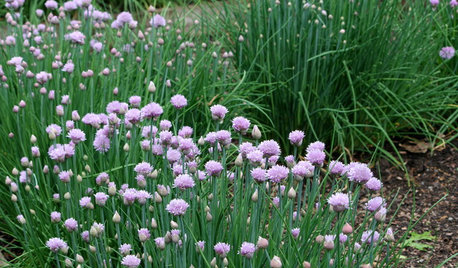
HERBSHerb Garden Essentials: How to Grow Chives
This decorative and delicately flavored herb from the onion family is easy to grow indoors and out
Full Story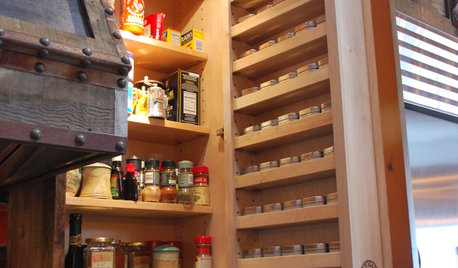
KITCHEN DESIGN7 Steps to Pantry Perfection
Learn from one homeowner’s plan to reorganize her pantry for real life
Full Story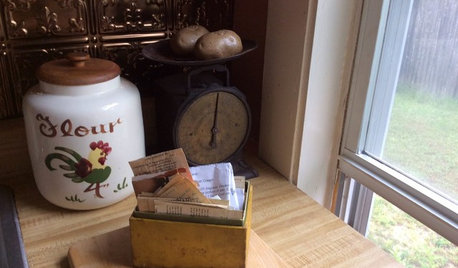
KITCHEN DESIGN5 Home Cooks Share Their Favorite Family Recipes
Peek inside the kitchens of these Houzz users and learn how to cook their time-tested, passed-down dishes
Full Story






ksrogers
luskiOriginal Author
Related Professionals
Zion Landscape Architects & Landscape Designers · Bell Gardens Landscape Contractors · Chesapeake Ranch Estates Landscape Contractors · Cliffside Park Landscape Contractors · Columbine Landscape Contractors · East Haven Landscape Contractors · Vallejo Landscape Contractors · Casselberry Landscape Contractors · Orlando Roofing & Gutters · Roswell Roofing & Gutters · Norwood Roofing & Gutters · Wood Dale Roofing & Gutters · Albany Driveway Installation & Maintenance · Canton Driveway Installation & Maintenance · Fallbrook Driveway Installation & Maintenanceksrogers
annie1992
chervil2
ksrogers
Linda_Lou
commonsense10009
ksrogers
commonsense10009
organic_louise
Linda_Lou
HU-266099850
annie1992